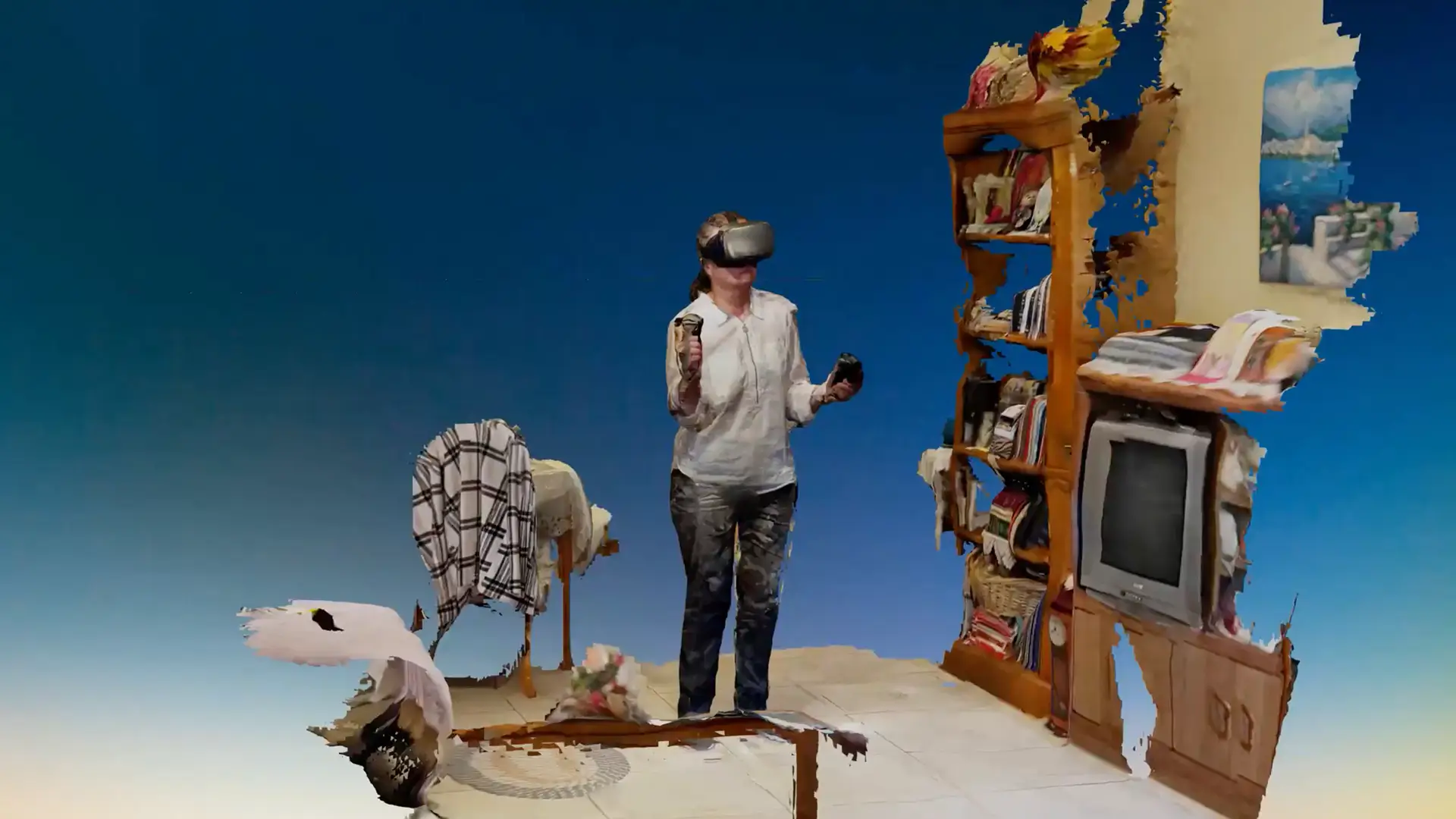Virtual reality can help people see their favorite band perform, hang out with friends or relax on a beach without leaving home. It is also pushing some people to speak in front of crowds or revisit war zones, processing fears or traumatic memories for the sake of their health.
Hospital and university clinics for years have helped people with post-traumatic stress disorder and phobias by using virtual reality to immerse them in simulations that help them reckon with the problem. It is a virtual version of the longstanding technique called exposure therapy, in which people confront memories or fears, such as seeing spiders or getting into an elevator, with a therapist to overcome the feeling of being under threat.
